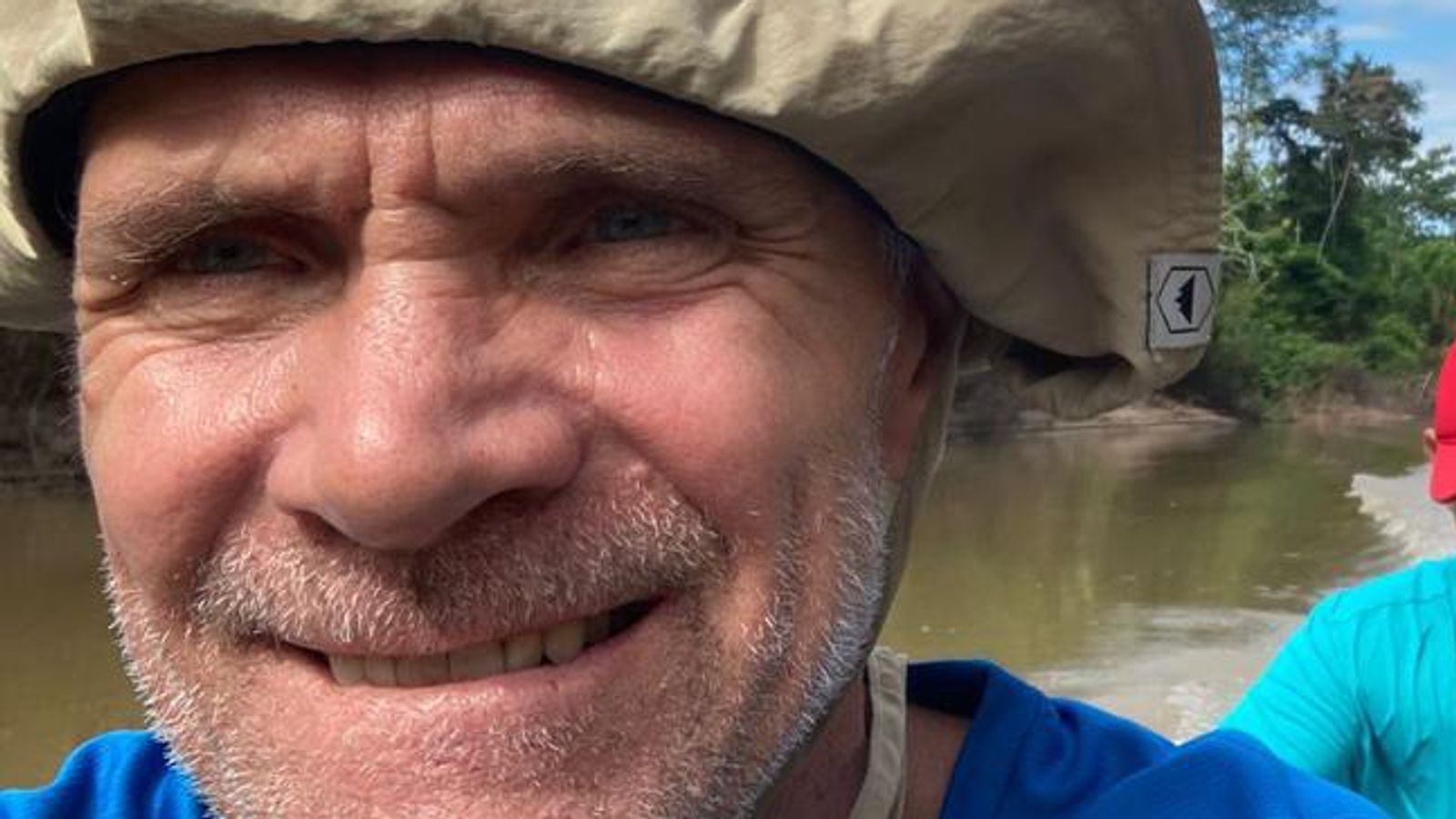The disappearance of a British journalist in Brazil has been linked to an international network that pays poor fishermen to illegally fish in the country’s second-largest indigenous territory, authorities said.
Journalist Dom Phillips and indigenous official Bruno Pereira were last seen on 5 June near the Javari Valley Indigenous Territory, which sits near the borders of Peru and Colombia in western Brazil.
The two men were in the Sao Rafael community and were returning by boat to the nearby city of Atalaia do Norte but never arrived.
Local volunteers, the army, civil defence officials and state police have been searching for the pair since they went missing and police have launched a criminal investigation.
On Saturday, federal police said they were still analysing “apparently human” remains found the day before in the area where they disappeared.
No further details have been provided but the investigation points to a scheme run by local businessmen, who pay fishermen to enter the valley, catch fish and deliver it to them, police said.
The only known suspect in the disappearances is fisherman Amarildo da Costa de Oliveira, also known as Pelado, who is under arrest.
Dom Phillips: Search teams find ‘apparently human’ remains where British journalist was last seen as family fear ‘sinister events’
Dom Phillips: Blood found on boat in search for missing British journalist in Brazil
Dom Phillips: Pele joins calls for Brazil to ramp up search for British journalist missing in Amazon rainforest
According to accounts by indigenous people who were with Mr Phillips and Mr Pereira, he pulled out a rifle on them the day before they went missing.
He denies wrongdoing and said military police tortured him to get a confession, his family said.
Mr Pereira previously led the local bureau of the government’s indigenous agency, known as FUNAI, and has taken part in several operations against illegal fishing.
During the operations, fishing gear is seized and destroyed and the fishermen are fined and detained.
Under Brazillian law, only indigenous people can legally fish in their territories.
“The crime’s motive is some personal feud over fishing inspection,” the mayor of Atalaia do Norte, Denis Paiva, said.
Please use Chrome browser for a more accessible video player
While some police, the mayor and others in the region link the pair’s disappearances to a “fish mafia”, federal police have not ruled out other lines of investigation.
The area also has heavy narcotrafficking activity.
Mr Phillips has reported on Brazil for more than 15 years for newspapers including The Guardian, the Washington Post, the New York Times and the Financial Times.






















